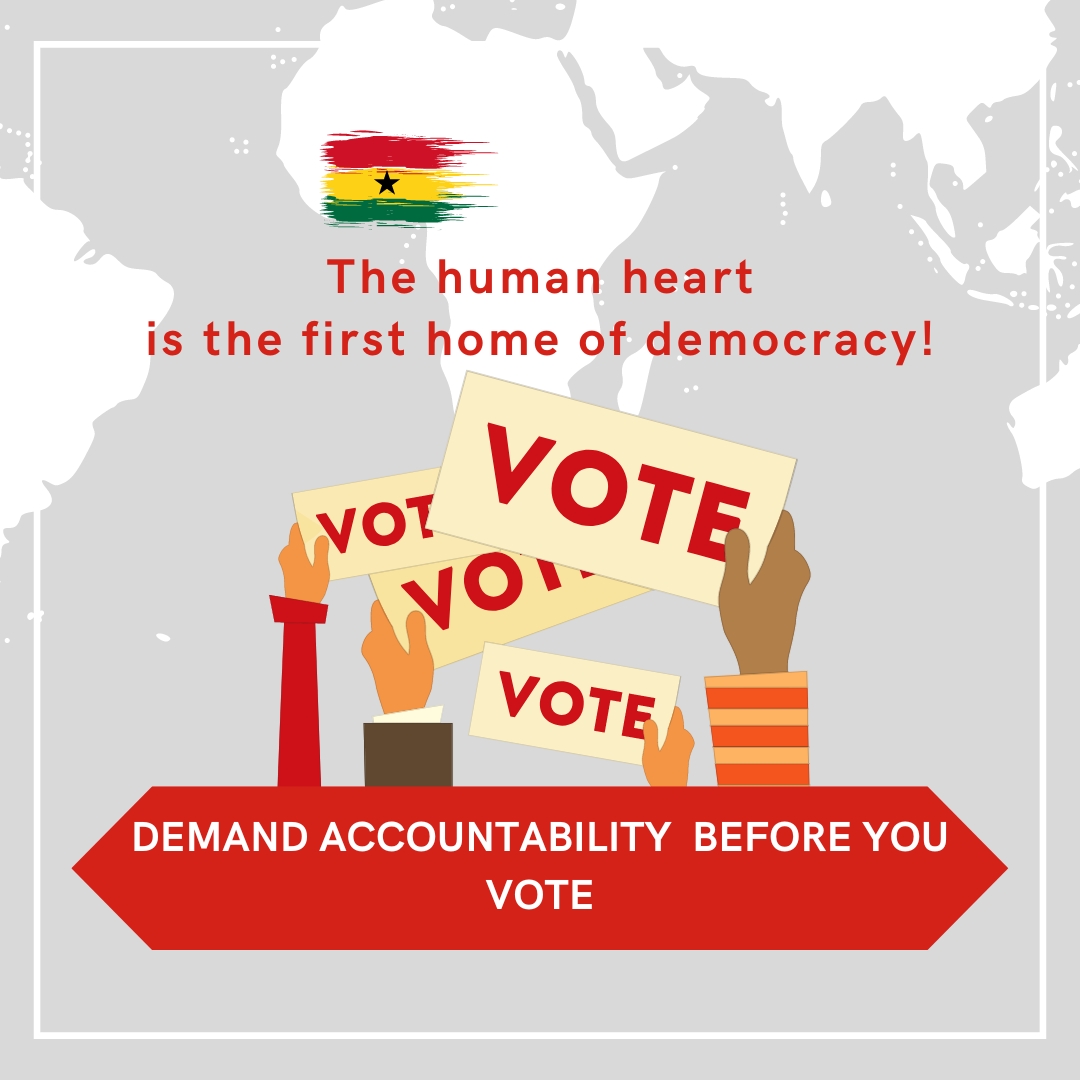
In the realm of democracy, accountability serves as its cornerstone. The essence of holding those in power responsible for their actions and decisions cannot be overstated. It is through this mechanism that the voices of the people are heard, and governance is made more transparent and responsive to the needs of its citizens. However, the impact of accountability requests on democracy extends far beyond mere rhetoric; it fundamentally shapes the dynamics of governance and policy implementation. As Ghana prepares for the 2024 elections, it is imperative that accountability remain at the forefront of our collective consciousness, shaping our decisions and guiding our actions.
The year 2022 marked a significant milestone with the introduction of a progressive youth policy aimed at addressing the unique challenges faced by young Ghanaians. This policy, laden with promises of empowerment and opportunity, was greeted with optimism and anticipation. However, the success of any policy lies not in its inception but in its implementation. Herein lies the crux of the matter: accountability. The zero involvement of benefactors in the implementation processes of the youth policy raises red flags and underscores the urgent need for accountability.
Benefactors, with their expertise, resources, and commitment, play a pivotal role in translating policy objectives into meaningful outcomes. Without their engagement, the youth policy risks being relegated to the annals of good intentions, devoid of real impact. As benefactors, we have a responsibility to actively participate in initiatives that aim to uplift and empower our youth. "Our involvement as citizens not only enriches the implementation processes but also ensures that the policy resonates with the lived experiences of those it seeks to serve."
Accountability requests serve as a powerful tool for citizens to demand transparency, responsiveness, and integrity from their leaders. They provide a platform for voices to be heard and grievances to be addressed. In the context of the youth policy, accountability requests play a crucial role in ensuring that the aspirations of young Ghanaians are not merely acknowledged but actively pursued. "We must hold our leaders accountable for their promises, especially when it comes to policies that impact the future of our youth," Naana Lexis Opoku-Agyemang emphasizes at the just ended Youth Forum on March 8, 2024, at the Wisconsin International University College, organized by CSD Africa, a dedicated youth advocate. "Accountability is not a luxury; it's a fundamental right—one that must be exercised vigilantly."
As Ghana prepares for the 2024 elections, let us remember that accountability does not end at the ballot box; it begins there. Before casting our votes, let us scrutinize the track record of candidates and demand clarity on their plans for accountability and transparency in governance. Let us hold them to account for their promises and commitments to policies like the youth policy of 2022.
In the journey towards a stronger democracy, accountability is our compass, says a passionate activist. "Let us wield it with conviction and purpose, ensuring that our voices are heard and our aspirations realized The impact of accountability requests on democracy cannot be overstated. They are the bedrock upon which a thriving democracy stands, ensuring that the voices of citizens are not only heard but also heeded. As Ghana moves forward, let us embrace accountability as a guiding principle, shaping our decisions and shaping our future.
By Akosua Naana Lexis Obenewaa Opoku-Agyemang, -Lead Consultant/Writer
Coversationalist Listening Ear Consult Aaccra-Ghana
Comments
Be the first to comment